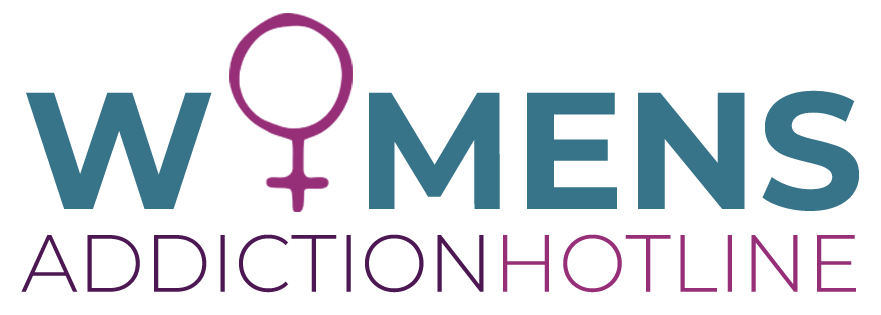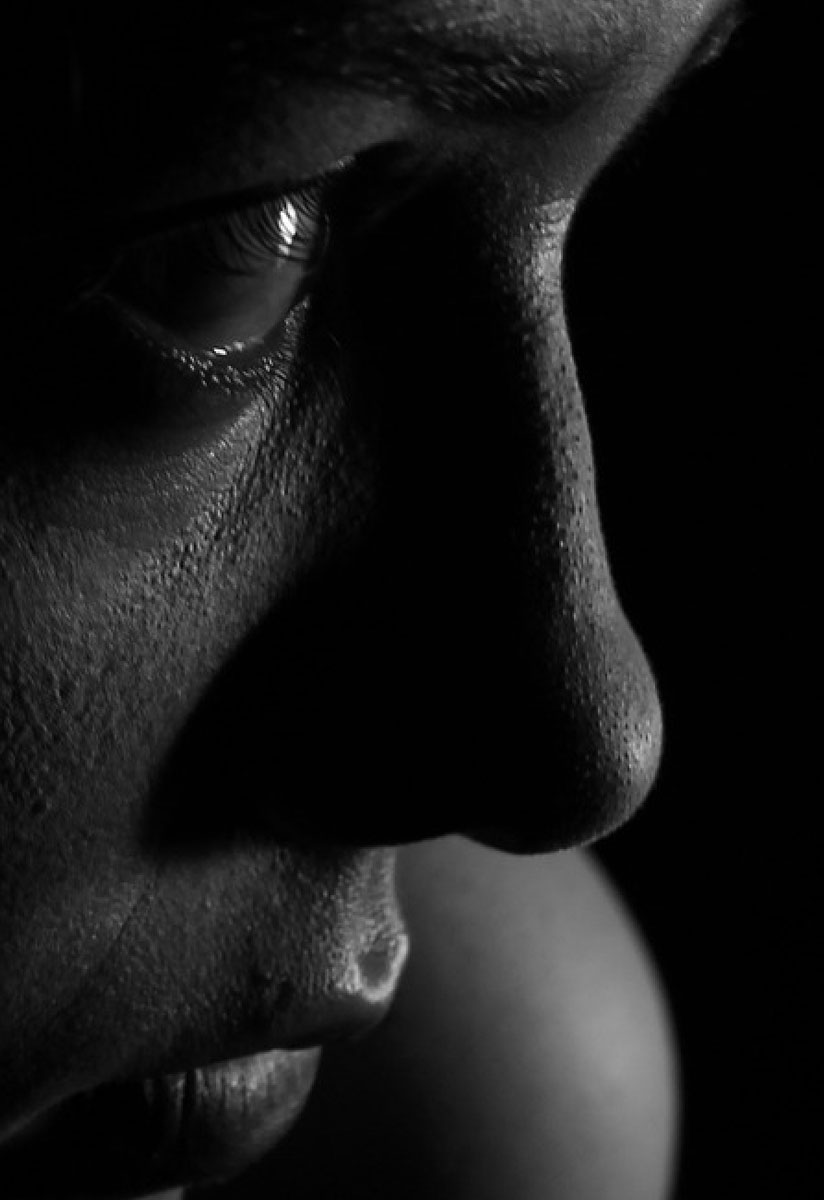Women’s Benzo Abuse Hotline
Women’s Benzo Abuse Hotline
Women’s National Alcohol Abuse Statistics
Benzodiazepine abuse is a significant problem among both men and women, however, research indicates that women are just as likely as men to misuse benzodiazepines, with substance-related motives being comparable in both genders[1]. In fact, a review of non-medical drug use and dependence among homosexually active men and women in the US population found no significant differences in the prevalence of benzodiazepine misuse between the two groups[2]. Despite this, women are more likely to consume psychopharmacological medications such as benzodiazepines, with old age and female gender consistently associated with greater consumption[3].
Several factors contribute to benzodiazepine abuse among women. National Health Statistics indicate that a disproportionate number of American women engage in polydrug abuse, with benzodiazepines being one of the most commonly misused substances[4]. Furthermore, a vast majority of participants who reported benzodiazepine misuse also reported co-use of benzodiazepines with other substances, with 65% of women reporting non-medical use of benzodiazepines[5].
Additionally, the prescription rates of benzodiazepines decreased for women from January 2018 to January 2020, but increased thereafter[6]. This suggests that women may be turning to non-medical sources of benzodiazepines, such as street dealers or friends, to obtain the drugs.
The consequences of benzodiazepine abuse on women’s health and well-being can be severe. Benzodiazepines are highly addictive and can result in physical dependence, withdrawal symptoms, and overdose[2]. Women who abuse benzodiazepines are also at risk of developing a range of health issues, including: – Memory impairment – Cognitive dysfunction – Increased risk of falls and fractures – Depression and anxiety – Increased risk of suicidal thoughts and behaviors Furthermore, among young adults aged 18 to 25, the percentage who were past year misusers of prescription benzodiazepines declined, but still a significant number of people misused the drug[7]. It is essential to recognize the potential consequences of benzodiazepine abuse and to seek appropriate treatment and support if necessary.
References
1. Sex differences in benzodiazepine misuse among adults …. from www.ncbi.nlm.nih.gov/pmc/articles/PMC7572775/
2. The epidemiology of benzodiazepine misuse: A systematic …. from www.ncbi.nlm.nih.gov/pmc/articles/PMC6639084/
3. Perceptions of Benzodiazepine Dependence Among Women …. from www.ncbi.nlm.nih.gov/pmc/articles/PMC4205187/
4. Women on the Edge: Opioids, Benzodiazepines, and …. from www.ncbi.nlm.nih.gov/pmc/articles/PMC6752216/
5. Sex differences in benzodiazepine misuse among adults …. from www.sciencedirect.com
6. Trends in the Use of Benzodiazepines, Z-Hypnotics, and …. from jamanetwork.com/journals/jamanetworkopen/fullarticle/2785392
7. Results from the 2019 National Survey on Drug Use and …. from www.samhsa.gov

Women and Benzodiazepine Addiction
In the realm of substance abuse, the narrative often revolves around men, but behind closed doors, a silent struggle persists – the battle of women against benzodiazepine addiction. Benzodiazepines, hailed for their sedative and anxiolytic properties, have ensnared countless women in their grip, yet this aspect of addiction remains largely overlooked. This blog seeks to illuminate the shadows, delving into the unique challenges faced by women grappling with benzodiazepine addiction.
The Rise of Benzodiazepines
Benzodiazepines emerged as a pharmaceutical breakthrough in the mid-20th century, offering relief from anxiety, insomnia, and other psychiatric conditions. Marketed under various brand names such as Valium, Xanax, and Ativan, these drugs gained widespread popularity. However, their addictive potential soon became apparent, leading to a surge in misuse and dependence.
Women and Benzodiazepine Addiction
Women are disproportionately affected by benzodiazepine addiction, influenced by a myriad of factors. Societal pressures, gender roles, and expectations often drive women towards substances as a coping mechanism. Additionally, women are more likely to seek medical help for mental health issues, making them vulnerable to prescription drug misuse. The stigma surrounding mental illness can also push women towards self-medication with benzodiazepines, exacerbating the risk of addiction.
Unique Challenges and Consequences
Benzodiazepine addiction poses unique challenges and consequences for women. Physiologically, women may be more susceptible to the effects of benzodiazepines due to differences in metabolism and body composition. Moreover, the societal stigma attached to female substance abuse can deter women from seeking help, leading to delayed intervention and compounded health issues. Intersectional factors such as race, socioeconomic status, and gender identity further complicate the landscape, amplifying the barriers to recovery for marginalized women.
Breaking the Cycle
Addressing benzodiazepine addiction among women requires a holistic approach encompassing prevention, intervention, and support. Healthcare providers must exercise caution in prescribing these drugs, exploring alternative treatments and closely monitoring patients for signs of misuse. Public awareness campaigns should strive to destigmatize addiction and encourage women to seek help without fear of judgment. Tailored treatment programs that address the specific needs of women, including trauma-informed care and gender-responsive therapy, are essential for fostering recovery and empowerment.
The silent epidemic of benzodiazepine addiction among women demands attention and action. By shedding light on this issue, we can challenge societal norms, advocate for gender-sensitive interventions, and offer hope and healing to those ensnared by addiction. It’s time to break the silence and stand in solidarity with all women on their journey towards recovery and resilience. Together, we can unveil the hidden struggle and pave the way for a brighter future free from the shackles of addiction.

